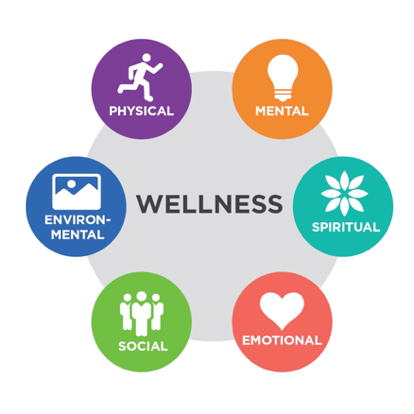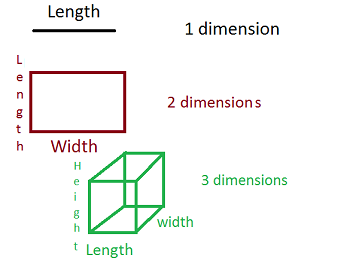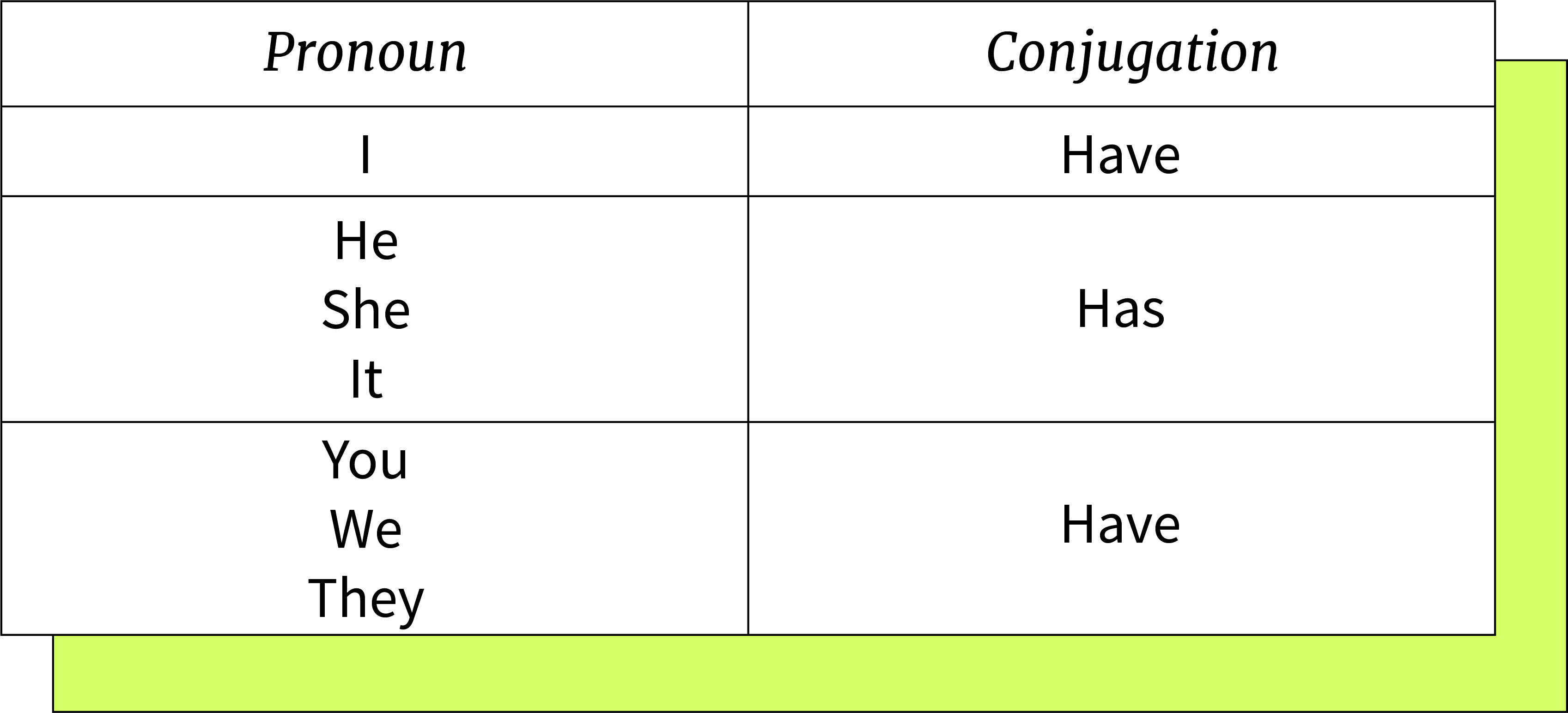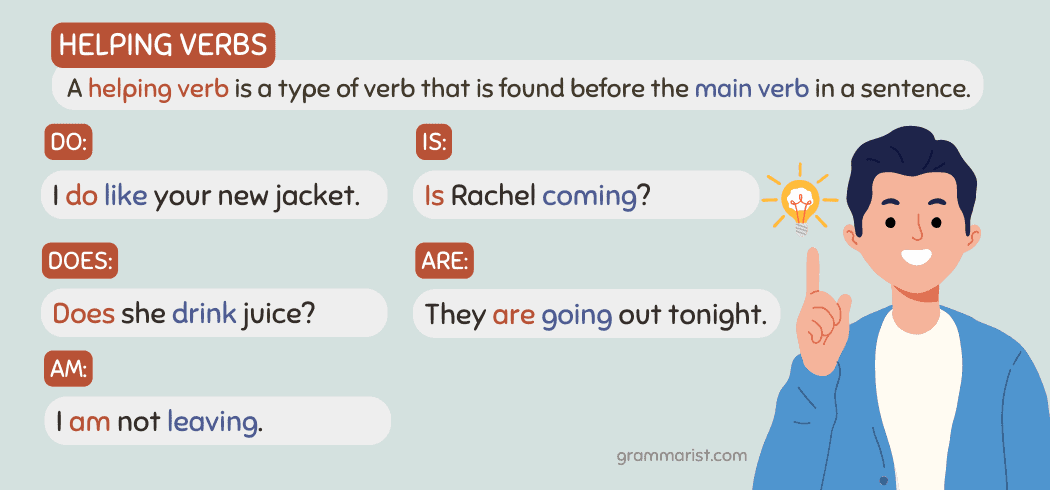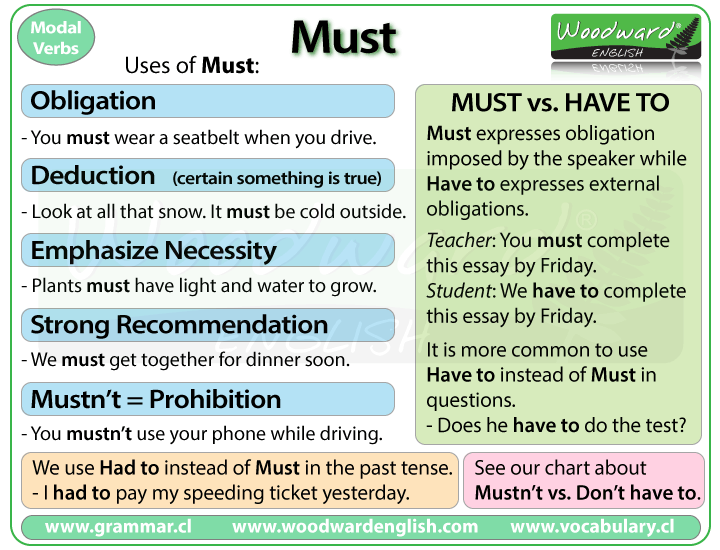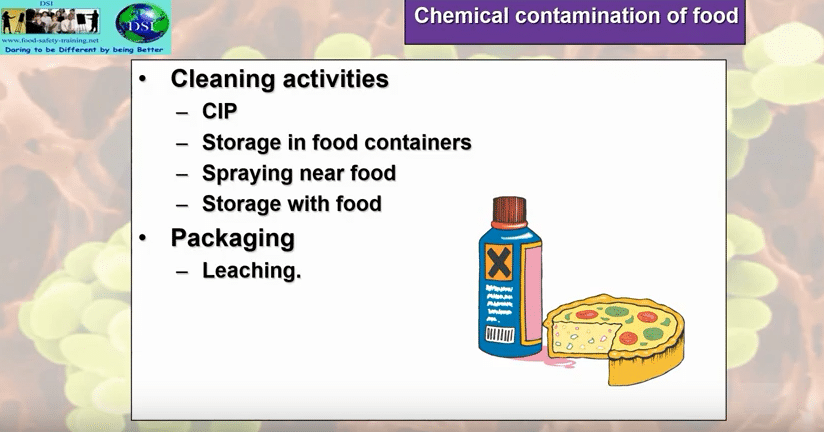Is Nursing a Health Science? Understanding the Field, Careers, and Educational Pathways
Introduction: Exploring the Relationship Between Nursing and Health Science
For those considering a career in healthcare, understanding how nursing relates to health science is essential. While both share a foundation in scientific principles and patient-centered care, they differ in focus, curriculum, and career outcomes. This article offers a comprehensive look at nursing as a health science, explores various educational paths, and provides actionable guidance for entering the field.
Defining Health Science and Nursing
Health science is a broad, interdisciplinary field that encompasses the study, research, and application of health-related knowledge to improve human well-being. It includes subjects such as biology, chemistry, epidemiology, public health, healthcare administration, and more. The field prepares graduates for roles in health promotion, disease prevention, research, and healthcare delivery.
Nursing , meanwhile, is a specialized discipline within health science that focuses on the direct care of patients, the promotion of health, and the prevention of illness. Nursing draws upon foundational sciences but adds a unique emphasis on clinical judgment, compassionate care, and evidence-based practice. Nurses play a vital role in hospitals, clinics, community health, and many other settings [2] .
Is Nursing a Health Science?
The simple answer is yes : nursing is considered both a health science and a professional field. It integrates scientific knowledge with practical skills and patient interaction, forming a bridge between theory and real-world healthcare delivery [4] . Nurses must understand anatomy, physiology, pharmacology, and psychology-core subjects in health science-while also mastering the art of patient care and clinical decision-making.

Source: nursing-science.com
Degree programs such as the Bachelor of Science in Nursing (BSN) formally recognize nursing as a science-based discipline. The curriculum includes health science courses alongside specialized nursing topics, preparing graduates for licensure and professional practice [1] .
Comparing Nursing Degrees and Health Science Degrees
Both nursing and health science degree programs share foundational coursework in the sciences. However, their focus and career outcomes differ:
- Bachelor of Health Sciences (BHS): Offers a broad overview of scientific and healthcare systems, often with less direct patient contact. Graduates may pursue administrative, research, or public health roles [4] .
- Bachelor of Science in Nursing (BSN): Emphasizes patient care, clinical practice, and hands-on training. Graduates are prepared to become registered nurses (RNs) and deliver care in hospitals and other clinical settings [2] .
When deciding between the two, consider your career preferences: Do you prefer direct patient interaction (nursing), or are you interested in broader health systems and indirect roles (health science)?
Levels and Specializations in Nursing
Nursing offers multiple levels and specializations, each with unique educational requirements and responsibilities:
- Certified Nursing Assistant (CNA): Provides basic patient care under supervision. Requires a certification rather than a degree [1] .
- Licensed Practical Nurse (LPN)/Licensed Vocational Nurse (LVN): Delivers basic nursing care; must complete a diploma or certificate program and pass the NCLEX-PN licensure exam [5] .
- Registered Nurse (RN): Holds either an associate or bachelor’s degree in nursing and passes the NCLEX-RN exam. RNs coordinate care, administer medications, and educate patients [2] .
- Advanced Practice Registered Nurse (APRN): Includes nurse practitioners, nurse anesthetists, and clinical nurse specialists. Requires a master’s or doctoral degree, opening doors to higher salaries and greater autonomy [3] .
Educational Pathways and How to Get Started
To enter a nursing career, follow these typical steps:
- Earn a high school diploma or equivalent. Focus on science courses such as biology and chemistry.
- Choose an accredited nursing program. Options include certificate, associate, or bachelor’s programs. Each program has different prerequisites and expected outcomes.
- Complete required coursework and clinical experiences. Expect to study anatomy, physiology, microbiology, psychology, and nursing-specific topics.
- Pass the relevant licensure exam. For LPNs, this is the NCLEX-PN; for RNs, the NCLEX-RN.
- Apply for state licensure and seek employment. Most states require background checks and continuing education.
If you are interested in advanced practice or leadership roles, consider pursuing a Master of Science in Nursing (MSN) or Doctor of Nursing Practice (DNP).
Real-World Applications and Career Settings
Nurses are essential members of healthcare teams. They promote health, prevent disease, and care for patients across the life span. Common work environments include:
- Hospitals
- Clinics
- Nursing homes
- Community health centers
- Schools and universities
- Home healthcare agencies
Nursing specialties continue to expand, including fields such as pediatrics, geriatrics, neonatal care, psychiatric nursing, and more. Advanced nurses take on leadership, research, and policy-making roles, further blurring the line between nursing and other health sciences [3] .
Steps to Access Nursing Education and Careers
If you’re ready to pursue a career in nursing, consider the following actionable steps:
- Research accredited nursing schools. Visit the official websites of local colleges, universities, and technical schools. Look for programs accredited by organizations such as the Accreditation Commission for Education in Nursing (ACEN) or the Commission on Collegiate Nursing Education (CCNE).
- Contact admissions counselors. Reach out via phone or email to discuss program prerequisites, application deadlines, and financial aid opportunities.
- Prepare application materials. Gather transcripts, recommendation letters, and prepare for entrance exams if required (such as the TEAS or HESI).
- Apply for licensure after graduation. Each state has a Board of Nursing; search for your state’s official agency for details on testing and application procedures.
- Consider long-term options. Many nurses return to school for advanced degrees, certifications, or specialized training as their careers progress.
If you are interested in financial aid or scholarships, visit the official U.S. Department of Education website or search for “nursing scholarships” from reputable foundations and professional associations. Contact your chosen school’s financial aid office for personalized advice.

Source: healthsciencecolleges.co.za
Challenges, Solutions, and Alternative Pathways
While nursing is a rewarding health science career, potential challenges include rigorous academic standards, demanding clinical hours, and the need for ongoing continuing education. Solutions include:
- Time management: Use planners and online tools to balance coursework and clinicals.
- Peer support: Join study groups or campus organizations for networking and mentorship.
- Flexible programs: Many schools now offer part-time or online options for working adults.
Alternative pathways into health science careers include roles in public health, health informatics, medical laboratory science, or healthcare administration. Consider your strengths and interests when exploring these options.
Summary and Key Takeaways
Nursing is firmly rooted in health science, blending rigorous scientific training with compassionate patient care. Whether you choose a direct care role or aspire to advanced practice, nursing offers diverse opportunities for meaningful work in a dynamic and evolving field. By understanding the relationship between nursing and health science, you can make informed decisions about your education and career goals.
References
- [1] University of St. Augustine for Health Sciences (2025). The Different Levels of Nursing Explained.
- [2] Mayo Clinic College of Medicine & Science (n.d.). Nurse – Explore Healthcare Careers.
- [3] Massachusetts College of Pharmacy and Health Sciences (2024). Types of Nurses: Roles and Career Paths.
- [4] University of Bridgeport (2025). Bachelor of Health Sciences vs. Nursing.
- [5] American Nurses Association (2024). The Levels of Nursing Practice in the Nursing Profession.
MORE FROM eboxgo.com
